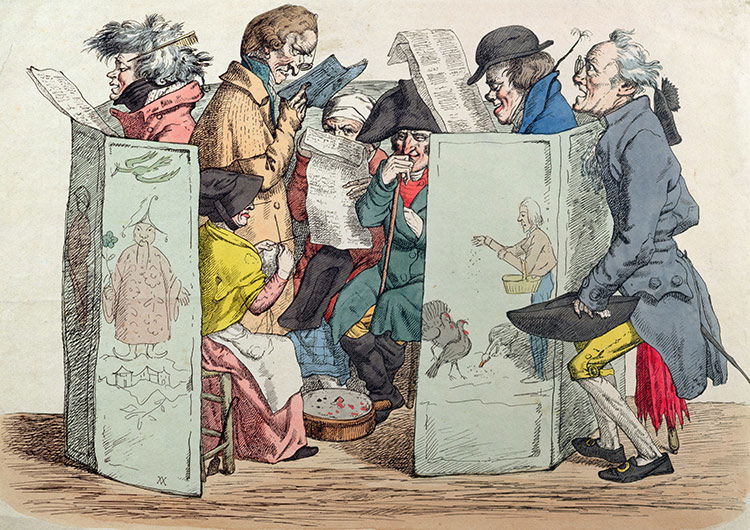Books of the Year 2014
From Piketty’s trumpet-blast to the great deeds of medieval saints, ten leading historians tell us about their best reads from 2014.

Michael Burleigh
From Piketty’s trumpet-blast to the great deeds of medieval saints, ten leading historians tell us about their best reads from 2014.

Michael Burleigh